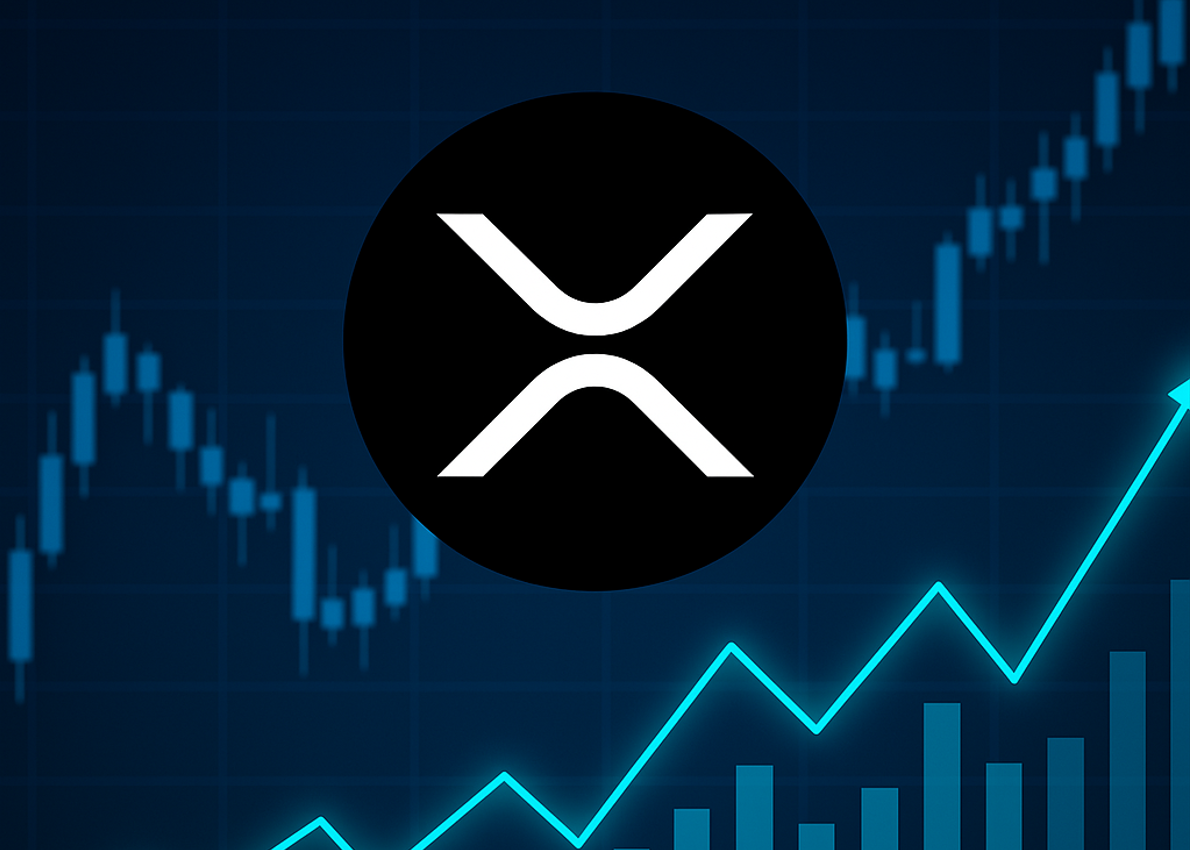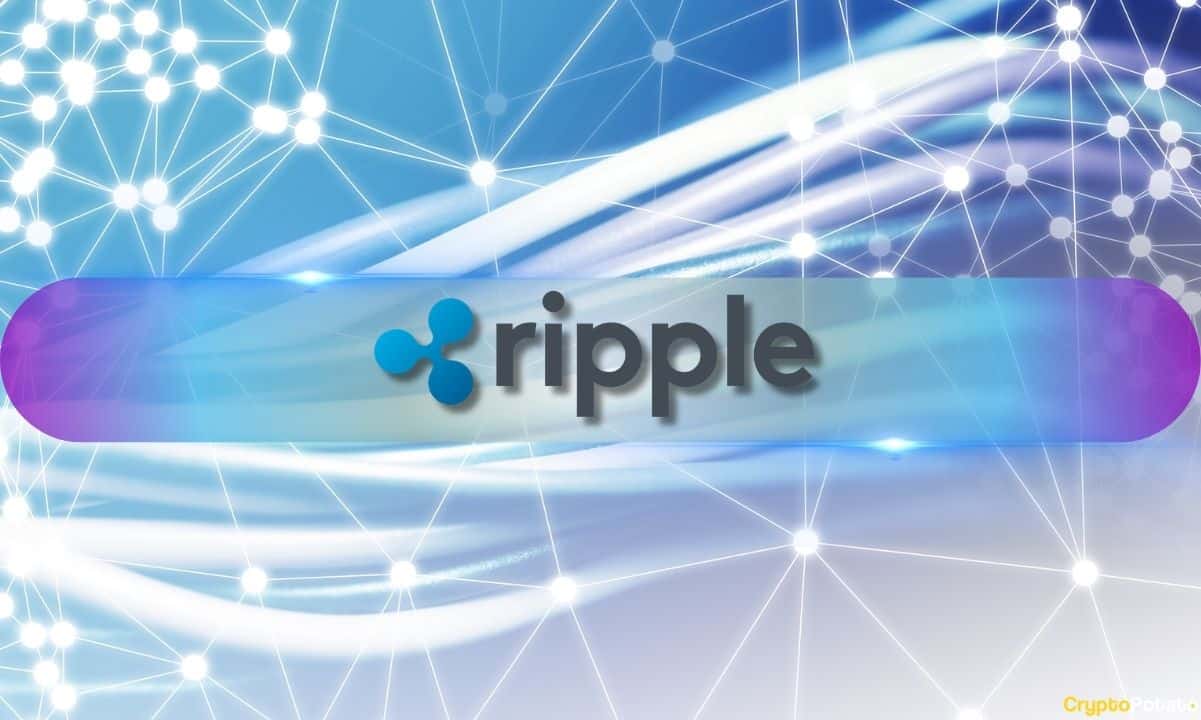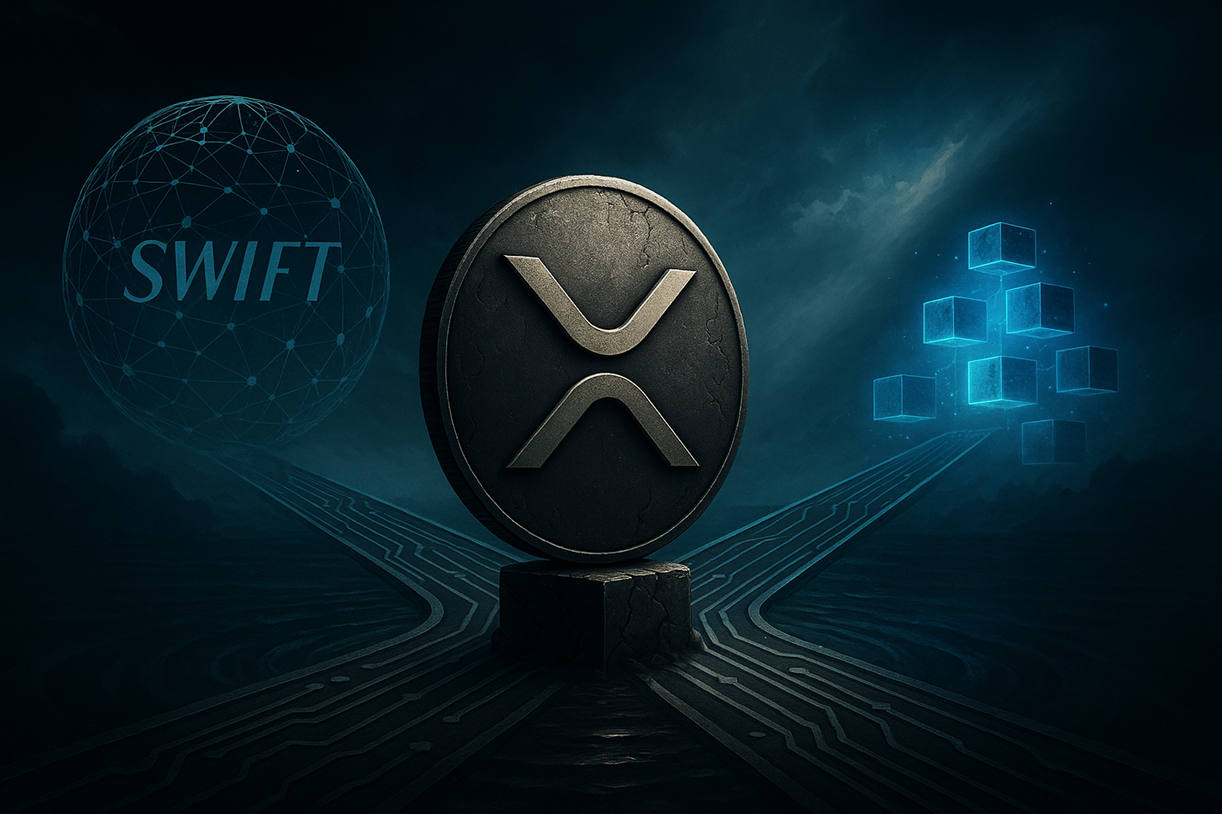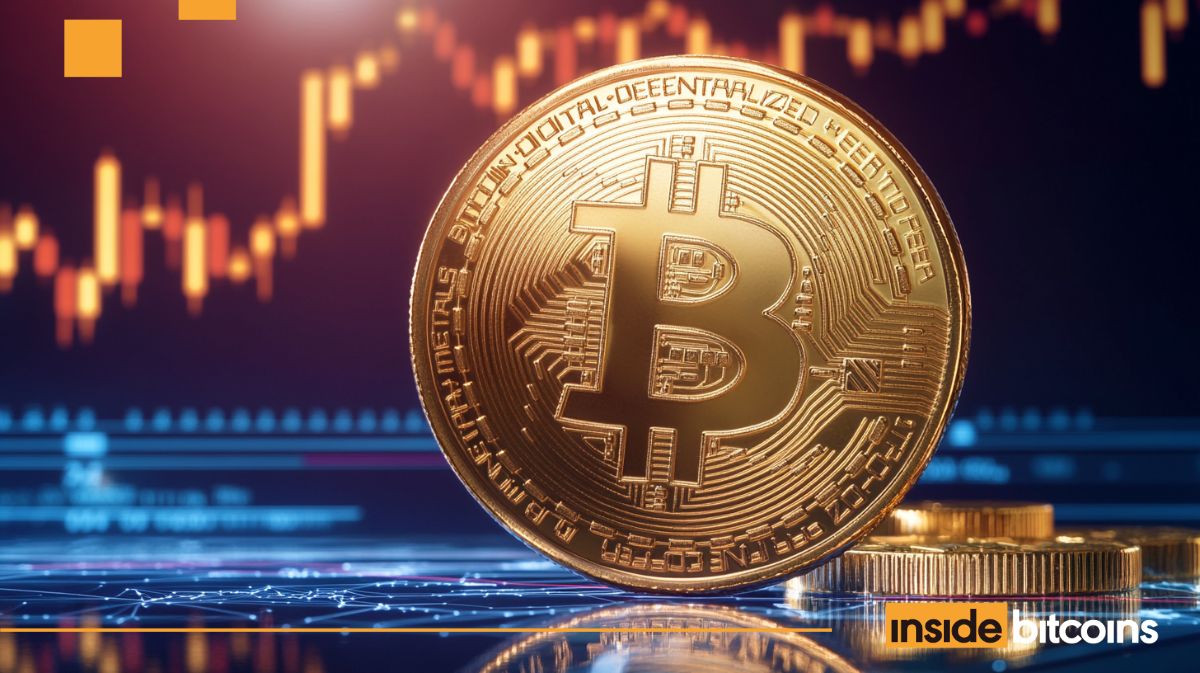Data Without Justice: Why Nigerians Doubt the 18.02% Inflation Rate

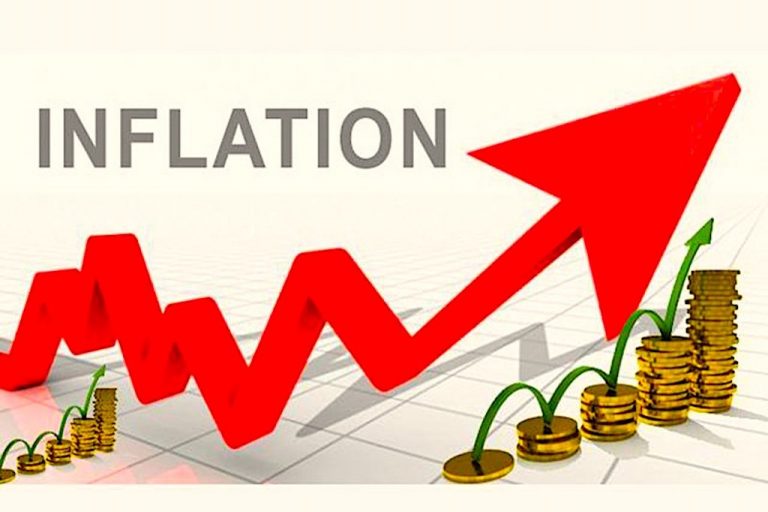
When Nigeria’s National Bureau of Statistics announced that the country’s inflation rate eased to 18.02 percent in September 2025 from 20.12 percent in August, it appeared to be good news. The data indicated the sixth consecutive monthly decline since April 2025, a sign that economic pressures might finally be easing. Yet, the public conversation that followed told a different story. Instead of relief, the announcement was met with skepticism, irony, and frustration across social media platforms. The reactions to this single figure open a wider conversation about trust, governance, and what scholars now call data justice.
The first wave of responses questioned the credibility of the data itself. Nigerians asked who reported it, whether the International Monetary Fund or the government, and if the figures were adjusted to suit political narratives. Such reactions capture deep-seated distrust in how official data is produced and communicated. When citizens say, “Only you will set the rate and still believe it,” they are not just mocking the National Bureau of Statistics; they are challenging a system that seems to control both the process and the outcome of data reporting. This skepticism reflects what data justice scholars call procedural injustice, a condition where data governance lacks transparency and citizen participation. Nigerians are asking to see how data is collected, calculated, and interpreted, not merely told what the figures are.
Beyond the process, there is the question of lived experience. Many Nigerians countered the inflation report with examples from their daily lives. They mentioned petrol selling at N922 per litre, cooking gas rising to N1,700 per kilo, and Garri still priced at N3,000 per mudu in local markets. For them, inflation has not eased because their household expenses remain unbearable. When citizens say, “Only in Nigeria do figures go down while prices go up,” they express recognitional injustice, a feeling that their lived realities are invisible in official data narratives. The inflation rate might look stable on paper, but people measure economic truth through market stalls, fuel stations, and daily survival.
Register for Tekedia Mini-MBA edition 18 (Sep 15 – Dec 6, 2025): registration continues.
Tekedia AI in Business Masterclass opens registrations.
Join Tekedia Capital Syndicate and co-invest in great global startups.
Register for Tekedia AI Lab: From Technical Design to Deployment.
This disconnect between official statistics and everyday experience exposes a deeper form of distributive injustice. In principle, falling inflation should reduce the burden of living costs, yet the benefits of that reduction seem to stop at the level of government reports and international confidence. The working class, traders, and transport users do not feel the relief. For many, the announcement appears to serve political or technocratic ends rather than public welfare. This perception reinforces the idea that data can be a tool of governance that benefits a few, even when presented as national progress.
Not all reactions were cynical. A few voices expressed gratitude and cautious optimism, thanking God for what they perceived as a step in the right direction. Others predicted that if the trend continued, Nigeria could reach a 15 percent inflation rate by year’s end. These hopeful tones, however, were minor compared to the dominant narrative of disbelief. When people express faith in divine intervention rather than institutional capacity, it signals both spiritual resilience and institutional fatigue.
At the heart of these public reactions is a struggle for epistemic power, the power to define economic reality. Nigerians are asserting that their personal experiences, not official data alone, should shape the understanding of inflation. In a society where governance increasingly depends on data-driven narratives, this is a form of everyday activism. By publicly doubting, mocking, or reinterpreting official statistics, citizens are not rejecting data itself. They are demanding fairness, visibility, and accountability in how data represents their lives.



